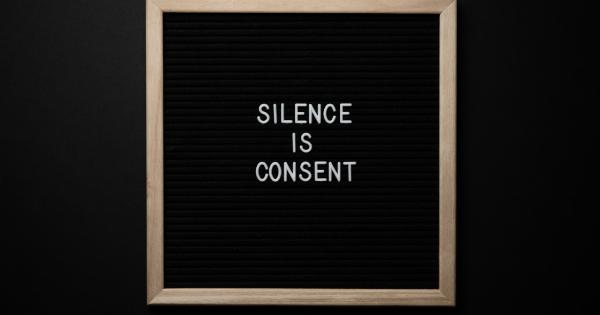Voice loss, also known as dysphonia, can be a concerning symptom that often leads individuals to question the underlying cause. Two potential causes of voice loss are gastroesophageal reflux disease (GERD) and cancer.
While they may have similar symptoms, it is important to understand the distinct characteristics of each condition to ensure proper diagnosis and treatment.
What is Gastroesophageal Reflux Disease (GERD)?
GERD is a chronic condition characterized by the backflow of stomach acid into the esophagus, causing irritation and inflammation of the esophageal lining.
This condition commonly leads to symptoms such as heartburn, regurgitation, and difficulty swallowing. However, voice loss is an unusual symptom associated with GERD, but it can occur in certain cases.
How Does GERD Cause Voice Loss?
When stomach acid enters the esophagus, it can reach the larynx (voice box) and cause irritation or inflammation. The vocal cords, which are vital for voice production, may become swollen or develop nodules or polyps.
This inflammation and structural changes can lead to hoarseness, voice fatigue, and even complete voice loss in severe cases.
Treating GERD-Related Voice Loss
If voice loss is suspected to be a result of GERD, treatment primarily focuses on controlling acid reflux.
Lifestyle modifications such as avoiding trigger foods, maintaining a healthy weight, and elevating the head while sleeping can help alleviate symptoms. Medications like proton pump inhibitors (PPIs) and H2 blockers may be prescribed to reduce stomach acid production and promote healing of the esophageal tissue.
In some cases, surgery may be recommended to strengthen the lower esophageal sphincter and prevent acid reflux.
The Link Between Voice Loss and Cancer
While voice loss is a less common symptom of GERD, it can also be an indication of a more serious condition like laryngeal or throat cancer.
Cancerous growths can affect the vocal cords and surrounding tissues, leading to voice changes, hoarseness, and eventual voice loss. It is crucial to consider cancer as a potential cause of voice loss, especially if there are other concerning symptoms present.
Identifying Cancerous Voice Loss
If voice loss is accompanied by persistent hoarseness, difficulty swallowing, unexplained weight loss, a lump in the neck, or persistent coughing, it is important to seek medical attention promptly.
A thorough evaluation by an ear, nose, and throat specialist, along with imaging tests such as a laryngoscopy or biopsy, may be required to determine if cancer is the underlying cause.
Treatment Options for Cancer-Related Voice Loss
If cancer is identified as the cause of voice loss, treatment options depend on the stage and location of the cancer.
Surgery may be necessary to remove the cancerous growth, followed by radiation therapy or chemotherapy to eliminate any remaining cancer cells. Voice rehabilitation, including speech therapy and vocal cord exercises, may also be recommended to help restore voice function.
Preventing Voice Loss
Though both GERD and cancer can lead to voice loss, there are steps individuals can take to protect their vocal health:.
- Avoid smoking and exposure to secondhand smoke, as they increase the risk of developing throat cancer.
- Stay hydrated and avoid excessive caffeine and alcohol consumption, as they can dry out the vocal cords.
- Practice proper vocal hygiene by avoiding excessive throat clearing, yelling, or speaking in a strained voice.
- Use a microphone or amplification system when speaking in large or noisy environments to avoid straining the voice.
Conclusion
Voice loss can be a distressing symptom, often causing individuals to question if it is a sign of GERD or cancer. While GERD can indeed lead to voice changes, it is typically not the primary cause.
Voice loss is more often associated with cancer of the vocal cords or other structures within the throat. Prompt medical evaluation is crucial to determine the underlying cause and provide appropriate treatment. Taking steps to maintain vocal health can help reduce the risk of voice loss caused by various factors.
It is always best to consult with a healthcare professional for an accurate diagnosis and personalized treatment plan.






























